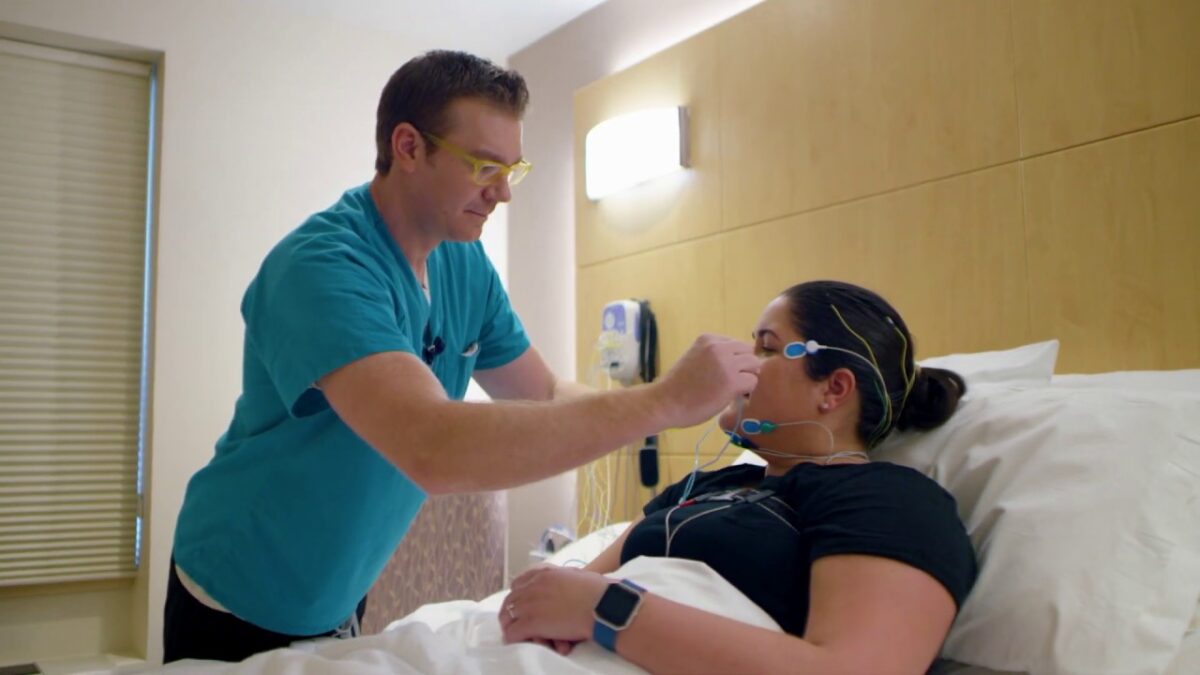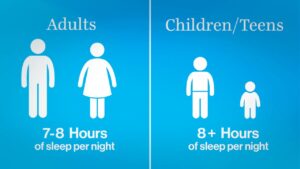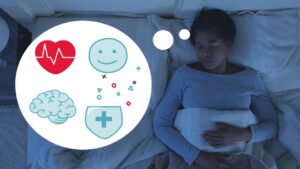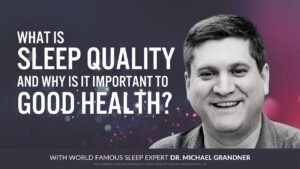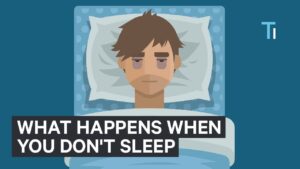If you suffer from a sleep disorder and want to find a sleep health center, look no further than the Christus Sleep Health Center. While in the testing room, technicians monitor the patient’s brain waves, blood oxygen levels, eye and leg movements, and heart and breathing rates. While most health insurance plans will cover this type of treatment, be sure to check with your insurance provider before visiting.
Treatment for sleep apnea may include a prescription for medication or a nasal CPAP (continuous positive airway pressure) mask to control symptoms. Other treatments may involve biofeedback, relaxation therapy, and sleep restriction strategies that help patients condense their nightly sleep into a continuous sequence. And in some cases, a dentist may prescribe an oral appliance for patients. During the pretesting process, a dentist will also fit the appliance and assess its effectiveness.
If you suspect that you have a sleep disorder, you should see a physician who specializes in sleep disorders. These conditions are often difficult to diagnose without the help of a specialist. Treatment for sleep apnea, for example, can be life-long and require coordination with a referring physician. At a sleep health center, your doctor and specialist will coordinate treatment to address your specific needs and to keep you as healthy as possible.
The Sleep Health Center is a high-quality provider of streamlined sleep health services. This comprehensive clinic offers an initial consultation and complete sleep evaluation, diagnosis, and treatment for individuals and families who want to manage their health risks. The services offered at the Sleep Health Center are available to physician-referred patients and self-referred individuals alike. They also offer online consultations to help patients with their sleep issues. The staff at a sleep health center is highly trained and experienced.
The Epworth sleepiness scale is one of the most widely used measures of sleep quality. A patient’s sleep quality is assessed by self-reporting the frequency of specific behaviors such as daytime sleepiness. While the sleep satisfaction scale is subjective, there are several quantitative measures of sleep quality. Using item response theory, clinicians can validate a self-report sleep health questionnaire. The ideal threshold values can be determined with the help of psychometric techniques.
The WHO’s definition of health includes both sleep deficiency and health. While sleep deficiency is a medical condition, sleep health is an important part of overall health. Properly addressing the issues related to sleep are necessary for better health. The WHO has also identified sleep deficiency as a condition, and it’s vital to treat both. These disorders are linked to depression, heart disease, obesity, and reduced life expectancy.
The definition of sleep health should focus on specific measurable characteristics that are associated with well-being. Multiple dimensions of sleep have been associated with health outcomes. Including all of them in an overall definition will help to create concrete goals for health promotion. In addition, defining the concept of sleep health as sleep health is useful for evaluating interventions and identifying trends in sleep quality. A health center that focuses on promoting sleep health is likely to be more effective in identifying and treating sleep problems than one that focuses exclusively on treatment.
Health benefits of sleep
You know that getting a good night’s sleep is important for your physical well-being, but did you know there are even more benefits to getting enough sleep? Not only does sleep improve your physical health, it can also have a profound effect on your emotional and mental well-being. Getting enough sleep should be as important as getting enough exercise and proper nutrition. If you’re struggling to get a good night’s sleep, there are some tips you can follow to improve your chances of falling asleep and staying asleep.
A recent study conducted at Stanford University revealed that adequate sleep can help athletes perform better. People who get more than six hours of sleep a night are less likely to develop chronic illness. This may be because the increased amount of sleep helps the muscles recover faster. Sleep also reduces inflammation, which can contribute to the development of heart disease, diabetes, arthritis, and premature aging. In addition to the physical benefits of sleep, researchers found that getting enough sleep can help improve mental health as well.
Lack of sleep may increase the risk of cardiovascular disease, including coronary heart disease and stroke. Research suggests that adequate sleep can enhance the immune system’s ability to fight off viruses and bacteria and help the body recover faster from viral infections. Lack of sleep also has been linked to higher levels of inflammation and autoimmunity. Proper sleep is essential to maintain cardiovascular health. The benefits of sleep are numerous. These benefits are well documented. So, don’t let lack of sleep stop you from getting the rest you need to be healthy.
Quality sleep improves memory. Lack of sleep can lead to poor memory and forgetfulness. Researchers are still not sure how sleep affects memory, but they know that it can help us retain information. And it’s a proven fact that better sleep improves memory. In addition to improving our memory, quality sleep improves our ability to learn and focus. There are numerous other benefits of sleep for children. But what is the most important one?
Getting enough sleep also reduces the risk of depression. Lack of sleep interferes with the body’s natural healing process. It has many benefits on our physical and emotional health. Not getting enough sleep increases our risk for depression and anxiety. Moreover, it helps regulate weight. Inflammation is closely related to diseases and sleep helps the body fight off infection. It also helps keep our brain healthy by enhancing insulin sensitivity and reducing cortisol.
Good sleep hygiene is just as important as eating fruits and vegetables. A regular bedtime and wakeup time are essential to getting a good night’s rest. A dark room, free of lights, and limited electronic devices will improve your sleep. And a healthy sleep schedule means less drowsiness and better performance. For more tips on how to get more sleep, see your family physician. He or she will prescribe a treatment based on your specific needs and symptoms.
Mental health and sleep
The relationship between sleep and mental health is well-known, but what exactly does it mean? Sleep and mental illness are intimately linked. Research has shown links between poor sleep and bipolar disorder and emotional health. There is currently more research needed to understand the connection between mental health and sleep. Many people report suffering from mental health issues, but their physicians are not always sure if their lack of sleep caused or contributed to their disorder. This is where good sleep hygiene comes into play.
Sleep and mental health are intimately related, but the relationship is far more complicated. Sleep disturbances may be a symptom of a mental illness, and some sleep problems may worsen the symptoms of mental illness. In some cases, the relationship between sleep and mental health is direct, but it’s not clear why. For example, people with bipolar disorder often experience irregular sleep cycles, nightmares, and insomnia. Other people may experience sleepiness throughout the day or fall asleep at the wrong times.
Although it’s unlikely that the relationship between mental health and sleep can be fixed by simple changes in lifestyle, therapy can help. Counselors can teach patients techniques to reprogram their minds to achieve a more balanced view of life and improve their sleep. While sleep hygiene changes can’t cure a serious brain disorder, they can greatly improve their overall mental health and sleep. A Harvard Medical School study found that CBT improved sleep ability significantly compared to medications.
Researchers surveyed children from kindergarten to school age about their sleep. In addition to sleep duration and quality, children’s mental health was associated with sleepiness. In one study, children with poor mental health were more likely to experience prominent sleep problems, such as anxiety before going to sleep, an abnormal circadian rhythm, and excessive sleepiness during class. Furthermore, children with poor mental health were also more likely to suffer from snoring. The researchers noted that the relationship between sleepiness and mental health is strong.
Disrupted sleep and mental illness are closely related. Sleep disturbance is linked with increased suicide risk. Furthermore, disturbed sleep may play an important role in the etiology of many mental health disorders. Traumatic events that disrupt sleep can also trigger a negative psychological response. Interestingly, PTSD has been associated with an abnormal sleep response. This may be due to a combination of factors, including military training, education level, and socioeconomic status.
Studies have linked inadequate sleep duration to lower educational achievement, more maladaptive personality traits, and more risky behaviors. Worldwide, ten to twenty percent of people are affected by mental health issues. Adolescents, in particular, have the lowest sleep duration and the highest prevalence of daytime sleepiness. However, more research needs to be done to identify the optimal sleep duration for optimal health. It should take into account appropriate timing, sleep quality, and the absence of any disruptions while sleeping.
